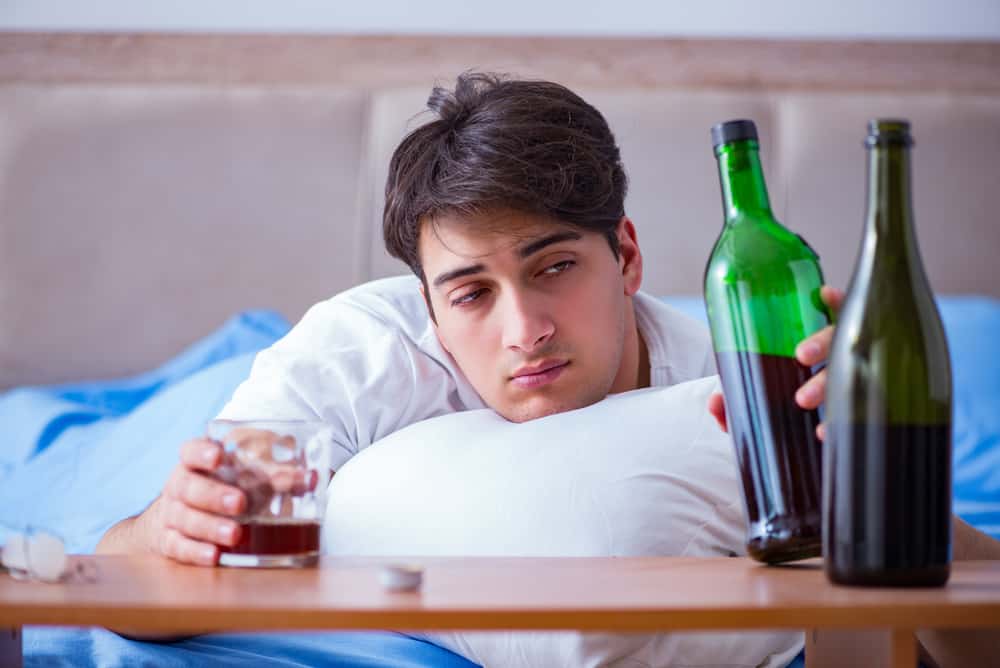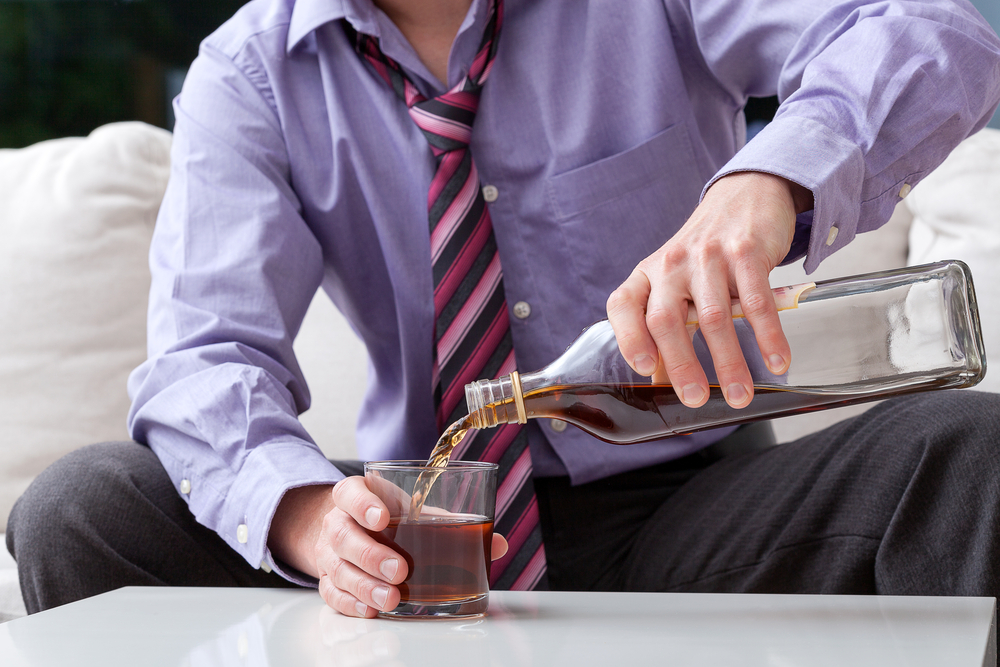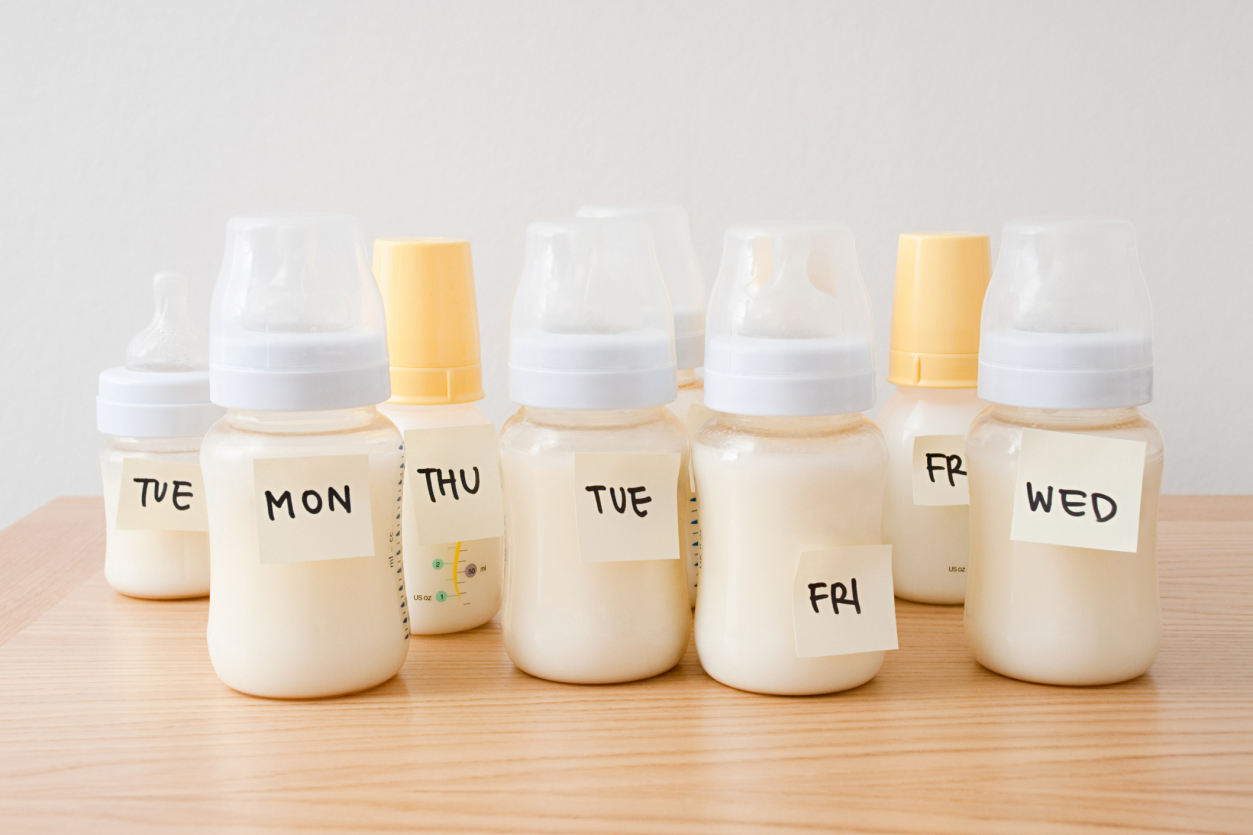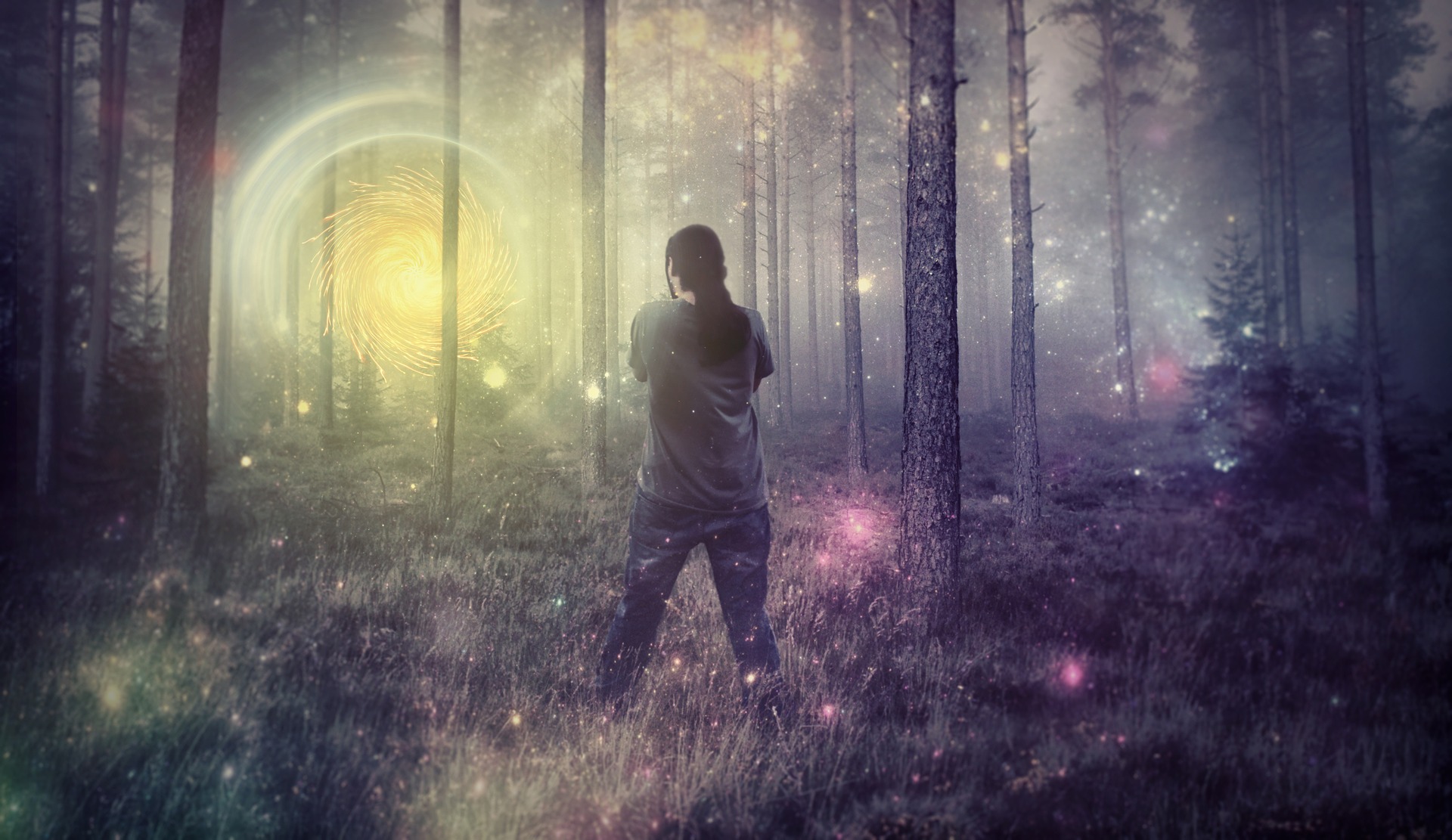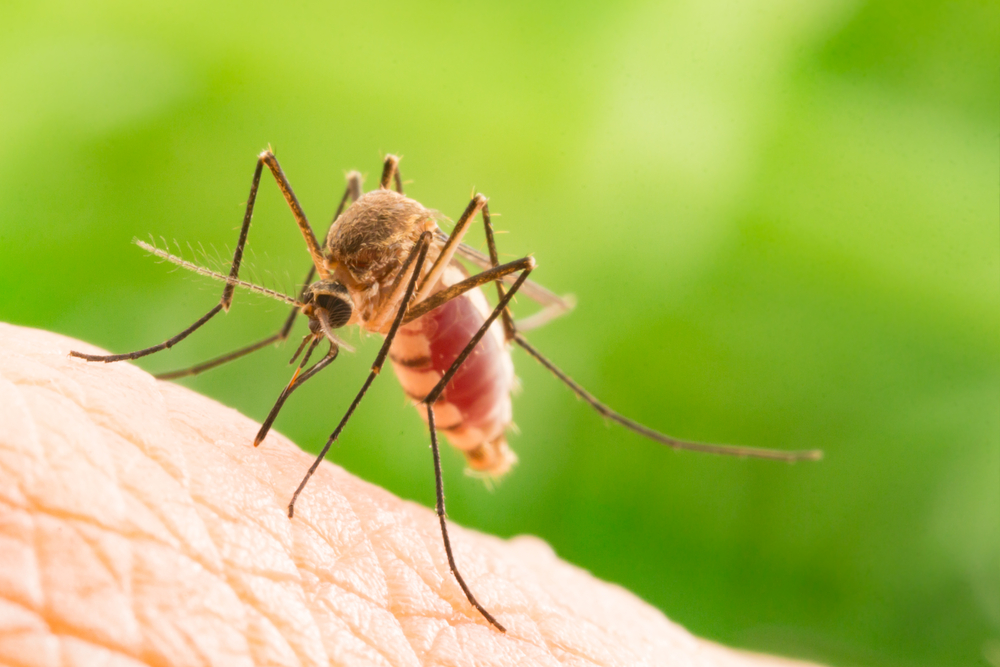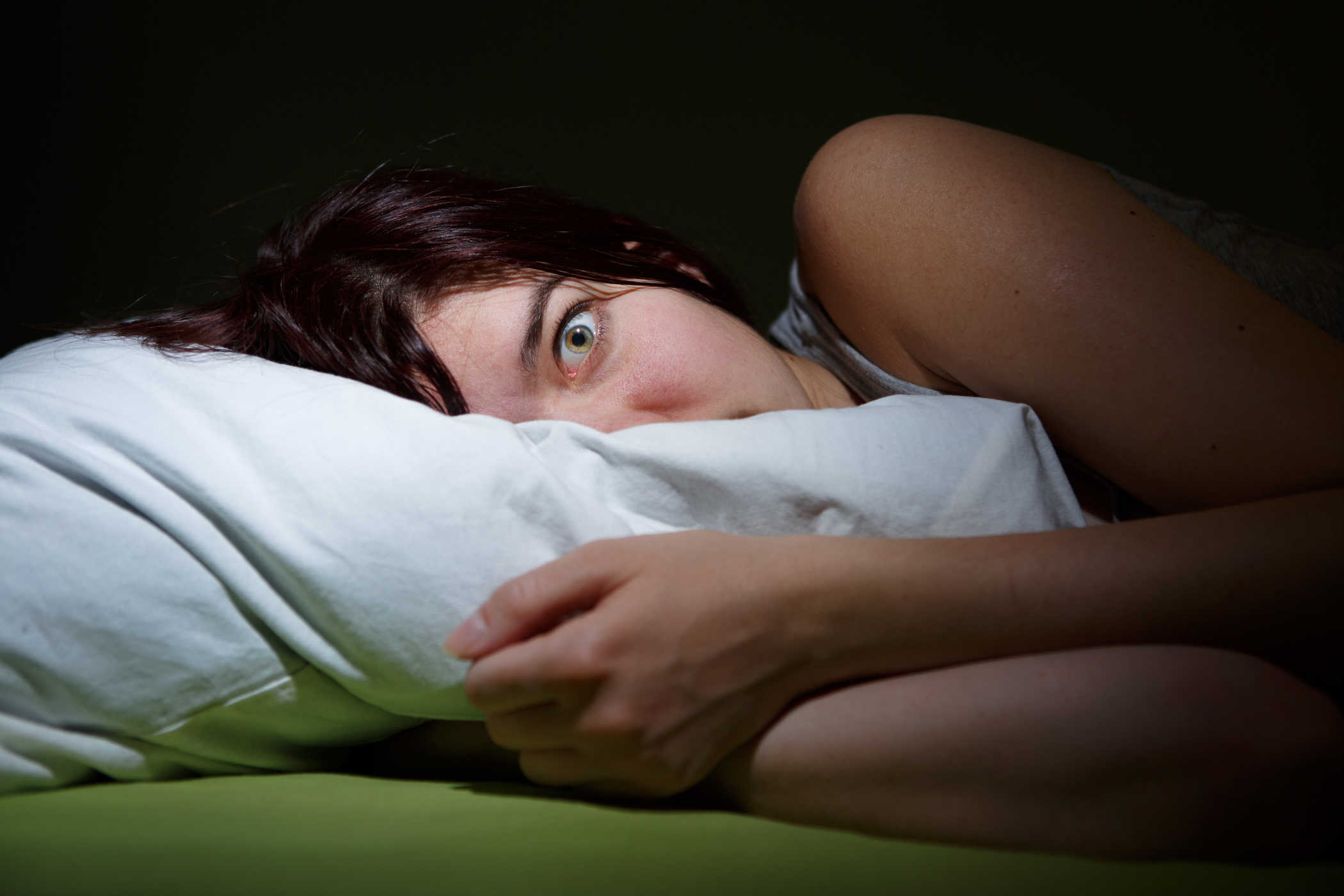Contents:
- Medical Video: Alcohol and your Brain
- Effects of alcohol on the human brain
- 1. Change brain chemistry
- 2. Increases the risk of interferencemood
- 3. Triggering psychosis and risk behavior
- 4. Brain damage, especially the part that regulates memory
- Effects of alcohol on the brain based on how often you drink
- Drink alcohol occasionally
- Drink alcohol every day
- Drunkard
Medical Video: Alcohol and your Brain
Alcoholic beverages are a type of beverage that contains the active ingredient of alcohol. Alcohol itself is a fermented sugar from fruit (grapes), corn, or wheat. Drinking alcohol occasionally is actually okay, your body is able to eliminate the harmful effects of alcohol if you drink to taste.
However, alcoholic beverages are known for their effects on the function and workings of the brain. Yes, alcohol consumption is related to the emergence of symptoms of difficulty thinking such as absent-mindedness, illogical thoughts, and unable to make decisions. In the long run, the effects of alcohol can also interfere with health and more serious brain function.
Effects of alcohol on the human brain
Alcohol is a substance that can affect the central nervous system. The central nervous system itself is in the brain and is responsible for carrying out various important bodily functions. Therefore, you cannot underestimate the effects of alcohol on the brain. More details, see the following four effects of alcoholic beverages.
1. Change brain chemistry
The effect of relaxation (calming) caused by alcohol is caused by changes in brain chemistry. However, when you drink most alcohol and at high levels, alcohol can actually trigger aggressive behavior.
This behavior disorder can occur due to unstable neurotransmitters, namely chemicals that are responsible for delivering messages between nerves. Yes, neurotransmitters can be chaotic as an effect of alcohol on the body.
2. Increases the risk of interferencemood
Drinking alcohol every day increases the risk of depression. Depression occurs when there is impaired brain function in regulating mood and emotions. Disorders mood due to frequent drinking alcohol also makes it difficult for the brain to set the time for sleep and the body's energy balance.
3. Triggering psychosis and risk behavior
The brain normally has a mechanism and ability to prevent behavior that can harm itself. However, this ability can be disrupted as an effect of alcohol. You also don't think long and tend to do dangerous things like inconsiderate driving or having unprotected sex.
If you are already drunk, you may also begin to experience symptoms of psychosis such as talking rambling and hallucinating.
4. Brain damage, especially the part that regulates memory
Most drinking alcohol can cause the brain to stop processing and store new information in memory. That's why after you wake up from being drunk, you can't remember well.
It also shows that brain cells have been damaged as an effect of alcohol. If this happens frequently, brain cell damage will become more serious. As a result, you can't remember well, even if you don't drink alcohol anymore.
Effects of alcohol on the brain based on how often you drink
Alcohol generally works by reducing the work of the central nervous system to think, move muscles, and talk. How big the effect of alcohol is of course different for everyone. This depends on how much alcohol you drink and how often you drink. Note the comparison below.
Drink alcohol occasionally
You may only drink alcohol when there is an event or party, not every day or every week. Well, if you belong to someone who only drinks alcohol occasionally, you might only feel the short-term effects of alcohol consumption.
After drinking, you may find it difficult to think and rather weak because brain activity decreases and muscles relax. When you feel kliyengan, nausea, or uncomfortable, do not drive the vehicle or operate the engine until you feel better.
Drink alcohol every day
If you drink a glass of alcohol every day, the effect of alcohol on the brain is likely not much different from drinking alcohol occasionally. However, you become more susceptible to depression or if you have been diagnosed with depression, the symptoms can get worse.
Drunkard
A drunker drinks a glass of alcohol (or even a few bottles) in a day, and this habit has been done for a long time.
Brain disorders in drunks are not caused by patterns of consumption or alcohol dependence, but rather due to damage to the brain itself. In drunks, often a decrease in brain mass. This has an impact on damage to some parts of the brain that play a role in the process of thinking, remembering, processing information, processing emotions, and other parts of the brain that are related to overall cognitive function.

